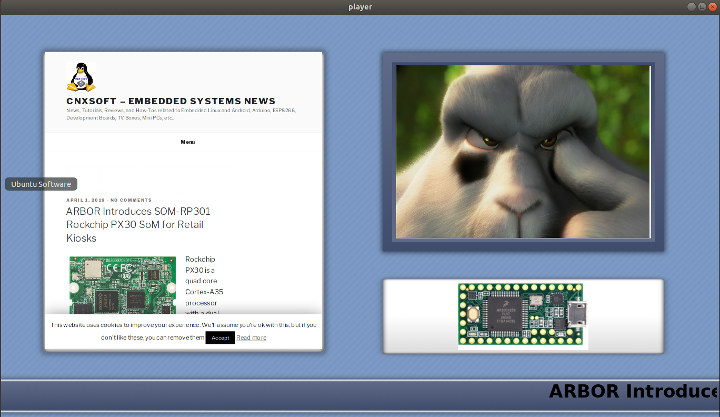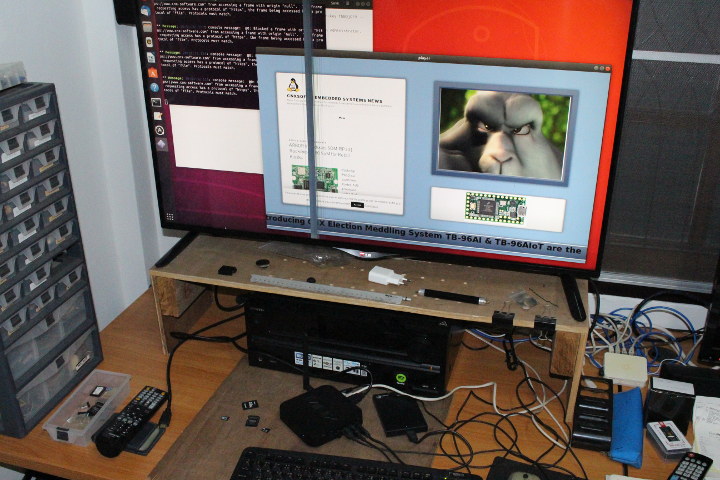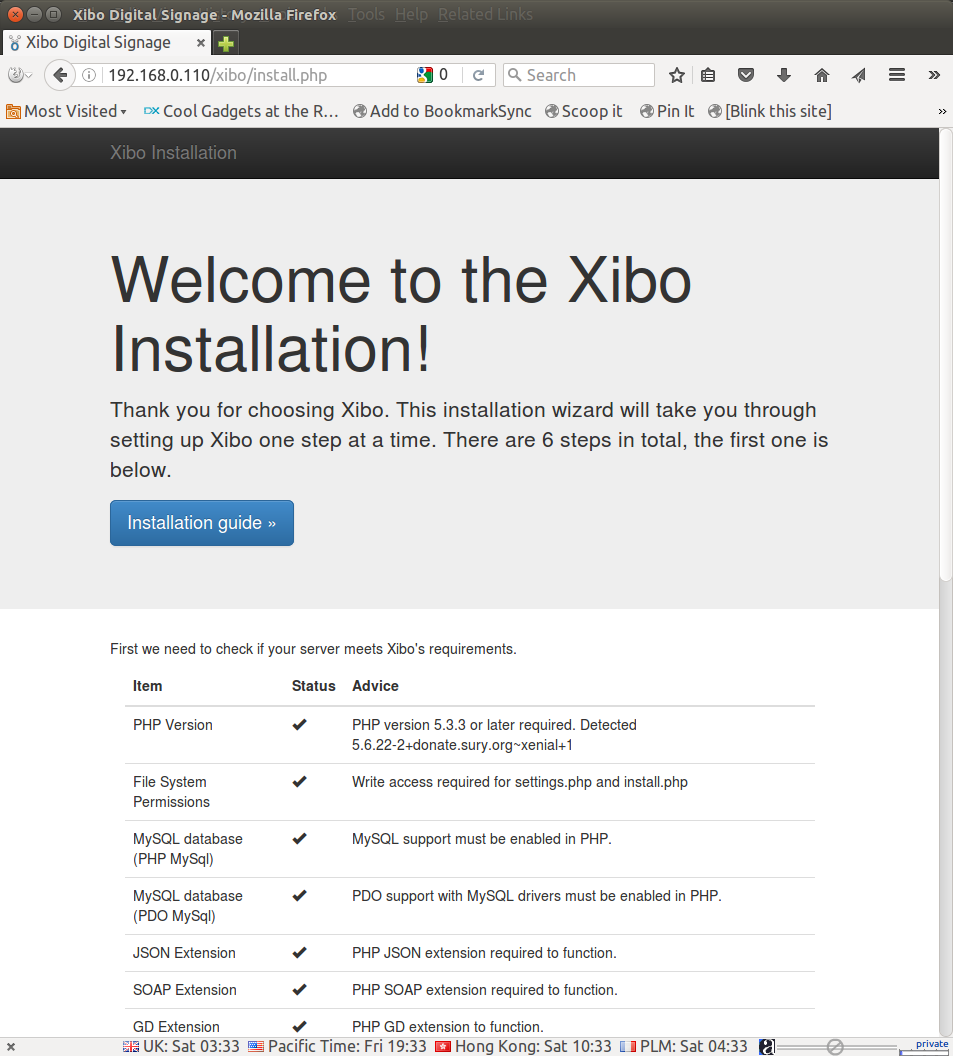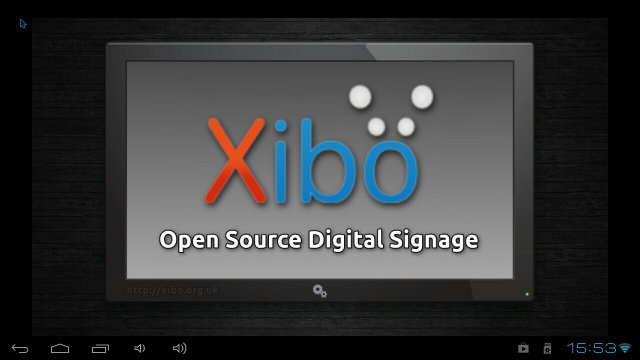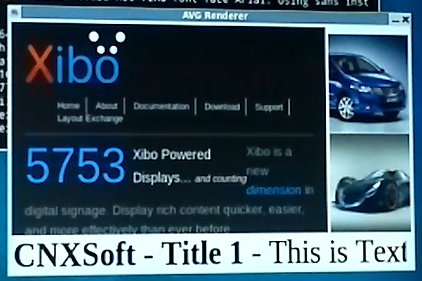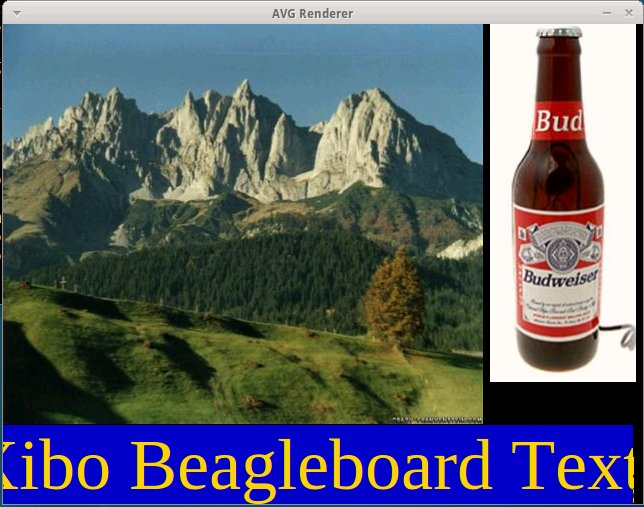Xibo is an open source digital signage software comprised of a CMS and a player/client. Xibo CMS has always worked on both Windows and Linux, but in recent years, Xibo Client only worked on Windows, Android, and WebOS with the latter two being paid apps. Many years ago there was a Python-based Xibo player working in Linux but it was abandoned. However, recently the company restarted the development of a Linux player, and I even tried Xibo Player and CMS on MINIX NEO Z83-4U mini PC, but at the time the player was at the alpha stage and not very stable at least with the layout I experimented with. Around two months have passed, and the developers must have worked out the quirks, as Xibo Player for Linux has now been released, and just like the Windows player it’s entirely free to use, and open source (C++ code) under the […]
MINIX NEO Z83-4U Review – Ubuntu 18.04, Kodi 18, and Xibo Digital Signage
MINIX NEO Z83-4U is a Cherry Trail mini PC pre-loaded with Ubuntu 18.04. I received a sample a little while ago, and in the first part of NEO Z83-4U review I checked out the specifications and hardware that appears to be exactly the same a MINIX NEO Z83-4 Pro mini PC, except for the eMMC flash capacity that has increased from 32GB to 64GB. Since the mini PC comes with an older Atom X5-Z8350 processor, and is designed for commercial applications, I’ve decided to make a slightly different review. We already now how the system is supposed to perform thanks to benchmarks with NEO Z83-4 mini PC running Windows 10 Pro, so I’ll just check the main features are working as expected in Ubuntu 18.04, test audio & video support in Kodi 18.1, and try out Xibo Linux open source digital signage CMS and player on the mini PC. MINIX […]
How to Install PHP 5.6 (and Xibo Digital Signage CMS) in Ubuntu 16.04
Xibo is an open source digital signage using a client / server architecture, and in the past I wrote a tutorial showing how to use it, and ran Xibo Python client on ARM Linux TV box, but with software handling only so rendering scrolling text was not very smooth at all, and video decoding was not really possible. But now I have Star Cloud PCG02U Intel TV stick which costs just $70 shipped with Ubuntu 14.04, and that I have upgraded to Ubuntu 16.04, and I thought that would be a great low cost Xibo Linux client which should have pretty good performance. I started by installing Xibo server, only to find out that the cross-platform Python client had been phased out, with now only Windows and Android clients available. So I canceled my plan. I still had some challenges installing Xibo server on Ubuntu 16.04, so I’ll report my […]
Xibo for Android on Mele A1000 Set-top Box & WM8850-MID Tablet
Earlier this month, Xibo developers announced the beta version Xibo for Android was available for testing. Contrary to the Linux & Windows clients and servers which are open source, Xibo for Android is developed by Spring Signage and will available commercially. This sponsorship will help finance the development of Xibo open source software: the 2 clients (.net in Windows, Python in Linux), the server and API. The current beta version supports the most important features of the Windows client, but lacks support for Adobe Flash, Microsoft PowerPoint, Datasets, Microblog, Stats, Counter Media, Socket Listener, Lift/Serial Interface Support, Offline Update via USB Drive, Full Compositing (overlapping regions) and Video Transparency. If you want to test the Xibo client for android, you can register for the private BETA and download an APK (Xibo_Android_Clientv1.0.12.apk) to install on your Android devices. Being part of the BETA program will also guarantee you a price of […]
Xibo Digital Signage Version 1.4.0 Released
Xibo has just announced the release of Xibo 1.4.0 (codename: “Brorsen”). Contrary to version 1.3.0 which was a development release, Xibo 1.4.0 is a stable release and you should consider updating your current installations if you want to take advantage of some of the 27 new features and/or 108 bug fixes. This version replaces the previous stable version (1.2.2) released 18 months ago. If you are not familiar with Xibo, it is an open source Client/Server digital signage framework that can run in Windows (.NET implementation) and Linux (Client: Python, Server: LAMP). For some more details, you can read my introduction to Xibo and/or a “getting started” tutorial I wrote some time ago. Main new features in Xibo 1.4.0 Significant improvements to permissions – View, Edit and Delete permissions can now be set on the following items: Library Media Layouts Regions in Layouts Media on Region Timelines DataSets Display Groups […]
Xibo Digital Signage Running on Mele A1000 AllWinner A10 Set-Top Box
Those following my blog know that I recently bought a Mele A1000 to play around. For those who are not familiar with this device, the Mele A1000 is a $70 Android set-top box featuring an AllWinner A10 cortex A8 processor and lots of peripherals, and it can easily be hacked to run a Linux distributions. This hardware would also be a great digital signage player thanks to its video playback capabilities: up to 2160p video decoding and 1080p video output. Last year, I ported Xibo, an open source digital signage player, to ARM and ran it in the Beagleboard emulator (qemu), but I hadn’t had the opportunity to try it out in a real hardware. I’ve tried this rootfs based on Linaro ARM Linux Internet Platform (ALIP) image for BeagleBoard in the Mele A1000, by following an adaptation of the method I provided earlier. For this demo, I created a […]
Xibo Digital Signage in Raspberry Pi Emulator (Step 1)
Xibo (pronounced eX-E-bO) is an open source, multi-display, multi-zone, fully scheduled digital signage client/server solution written in Python and dotNET. If you are not familiar with Xibo you can visit http://xibo.org.uk/ or/and read my introduction XIBO: An Open Source Digital Signage Server/Client. The Raspberry Pi is a low cost board based on Broadcom BCM2835 (ARM1176 Core) that should be available for sale at the end of January / beginning of February at http://www.raspberrypi.com. There are two versions of the board: Model A: 128 MB RAM and no Ethernet Model B: 256 MB RAM with 10/100 Mbit Ethernet BCM 2835 also features a Videocore GPU supporting OpenGL and 1080p30 video decoding that makes it ideal for multimedia applications such as digital signage players. The board support both HDMI and composite video output. You should also be able to connect a LCD via the DSI interface. If we can make Xibo run […]
Xibo Digital Signage on ARM (Full Version)
Last month, I wrote a post showing how to run Xibo Open Source Digital Signage in a BeagleBoard/Overo emulator. That version could communicate with Xibo server, download the required files, display pictures and (maybe) play videos with the real hardware. However, it had serious limitation as Text, RSS and web pages could not be displayed. I’ve now fixed those issues and the full Xibo 1.3.1 can run on ARM platform. First, you need to follow the instructions given in Xibo Digital Signage on ARM (Beagleboard / Overo), although we’ll need to modify something with libavg compilation (see below). Then cross-compile berkelium for ARM using Linaro toolchain. Add libbrowser-node to libavg plugin directory and build libavg again. Also copy the Berkelium header files in to src/test/plugin (i.e. src/test/plugin/berkelium) or add the include file path to CFLAGS/CXXFLAGS.
|
1 2 3 4 5 |
bzr branch lp:~browsernode-team/+junk/berkelium-browsernode cp berkelium-browsernode/plugin/* ~/edev/beagleboard/libavg-1.6.0/src/test/plugin cd ~/edev/beagleboard/libavg-1.6.0 make make install |
Create libberkeliumwrapper.so:
|
1 2 3 4 |
cd ~/edev/beagleboard/libs/lib touch a.cpp arm-linux-gnueabi-g++ -c a.cpp -o a.o arm-linux-gnueabi-g++ a.o -shared -L/home/jaufranc/edev/beagleboard/berkelium -llibberkelium -o libberkeliumwrapper.so |
Copy the required files to the qemu image: sudo mount -o […]


